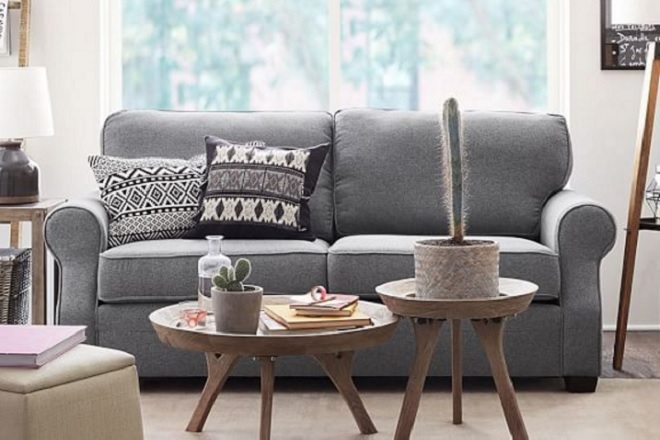
Augmented and virtual reality may have cut their teeth in the gaming realm, but the industry truly leveraging this 21st century to its advantage is one that doesn’t always engender thoughts of innovation. But whatever you think about the home improvement and interior design companies of today, one thing is clear — they’re now leading the way when it comes to the adoption of AR and VR.
From online interior decorating startups like Hutch to industry giants like Ikea, these companies are leveraging AR capabilities to help potential buyers make smarter decisions. And the latest to join the fray is Williams-Sonoma, the kitchen and home goods brand that is also the parent company of the West Elm and Pottery Barn furniture stores.
Williams-Sonoma isn’t just releasing an app or debuting a new platform that makes use of augmented reality — instead, the company has spent $112 million in cash to acquire San Jose-based AR startup Outward. The five-year-old company is known for creating high-quality 3D-images of physical products, perfect for appearing on websites and apps. And previously, Outward has collaborated with brands like Pottery Barn to place these 3D renderings in, you guessed it, AR apps, helping customers “see” how an item might look in their homes.
“One of the key components here is the quality of the image,” Williams-Sonoma CEO Laura Alber told Recode about the decision to acquire the company. “If you look at other 3-D images, they are very cartoon-like or take a lot of time to produce. We believe the quality and scalability is unparalleled,” she added.
Outward has a long-standing relationship with Williams-Sonoma, having worked with the firm for three years. If you’ve ever looked at furniture on the company website and tried to see what a couch or table might look like in a different color or finish, you were using Outward’s technology. Moreover, Outward and Williams-Sonoma more recently partnered to debut Pottery Barn’s augmented reality app, which we told you about in March.
The move marks a burgeoning trend among furniture and design firms to make use of an increasingly advanced set of tools to improve the customer experience. After all, you’re much more likely to buy a product if you’re able to “try” it first, even if it’s only virtually. The acquisition deal is expected to close by the end of 2017.


